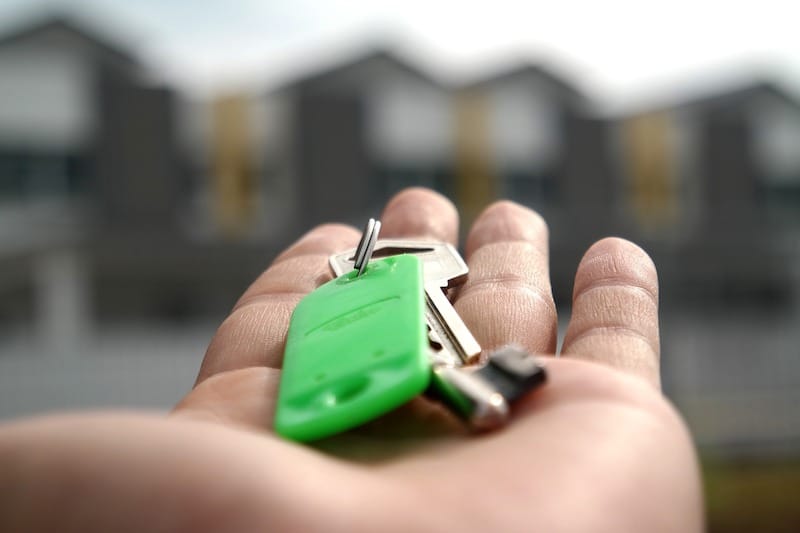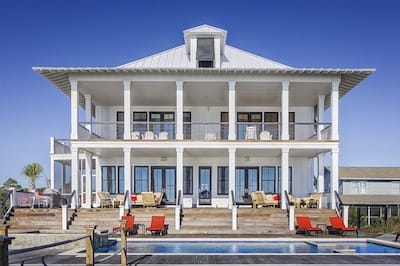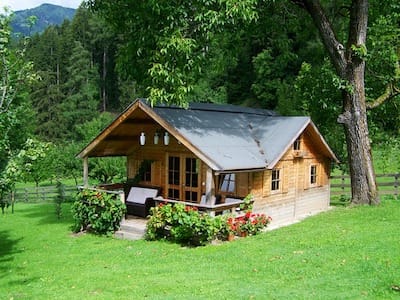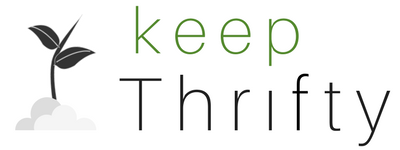
Today we’ve got something new at Keep Thrifty - our first reader case study! One of our readers, Alex, reached out with the situation below. I’ll provide my response and some commentary. I encourage all of you to provide your thoughts in the comments section as well. Our collective wisdom can certainly provide Alex with some direction and hopefully help him make a thrifty decision!
Here’s Alex’s situation:
I inherited a house, sold it, and netted 338,000. I maxed my Roth IRA out at 5500. And stashed enough away into emergency reserves. Now I have 300,000 to invest. But I am grappling with using half of that to purchase a 300k house. I don’t have the income to finance 80%. Typically houses don’t yield as much as long-term stock investments. I own 2 vehicles outright and I am debt free. I’d be interested in your perspective.
After talking with Alex further, I got clarification that the home purchase would be for personal use, not for rental income.
My Analysis
First off, kudos to Alex for maxing out his Roth IRA and topping off his emergency fund. The tax benefits of a Roth IRA are definitely worth taking advantage of if he wasn’t already getting there. Ensuring he’s got a healthy emergency fund is a wise move before any major investing.
That leaves us with the big question of buying half of a house (financing the rest) versus investing the amount (presumably in something like passive index funds).
Let’s take the home purchase on first.
The Case For Buying a House

If Alex’s goal has been to get into personal home-ownership, I certainly see the allure of putting a portion of the inheritance toward home ownership.
In Alex’s part of the country, $300k can easily get him a 1700-square-foot home (or more) with a pool and a great location.
Financing $150k with 30-year mortgage rates in the low 4% range would give a monthly payment of about $700-$750, which is a fraction of comparable rents in his area for similar houses.
Getting into a situation where he’s building equity and having a nice living situation for low monthly cost certainly has its appeal.
But having some appeal doesn’t necessarily make it the right move. Let’s check the flip side.
The Case Against Buying a House

Alex is currently renting and it seems to be working ok for him. Putting his money into a personal home has a number of limitations that are worth considering.
First, there’s liquidity. While Alex has built up his emergency fund (which is a big help here), homes aren’t very liquid. If Alex finds himself in a situation where he needs to move or needs to free up more money, he’s going to be in the position of selling his home under pressure.
In the case he needs to sell, Alex may not get the price he wants in the timeline he’s looking for and could risk getting a lower sale price and/or being unable to sell in time for his needs altogether.
Second, there’s return on investment. Typically, people comparing real estate investing with stock investing are in the business of real estate rentals. Rental properties have monthly cash flow and the chance for value appreciation over time.
A personal home doesn’t have true monthly cash flow, so the investment upside is limited to value appreciation. As the experts will tell you, most home value appreciation is due to inflation anyway, so as an investment strategy, home-buying is a pretty poor choice.
Another Option

One of the items Alex highlighted in his scenario was the fact that he’s debt-free. The fact he took the time to mention this lets me know that this is something he’s proud of and is valuable to him. It sounds like Alex wants to get into home ownership at some point, but his $300k home idea would be a step in the wrong direction.
Whenever presented with two options that you don’t love, it’s always worth exploring if there are other options available. Fortunately, there’s another option here that I think is worth considering.
My big question to Alex was, why a $300k house?
As I mentioned earlier, $300k would buy a 1700-square foot house in Alex’s area. With 3 bedrooms and 2 bathrooms and a pool, Alex would be living the high life.
With just a minute of searching, I was able to find an 1100-square foot home with 3 bedrooms and 2 bathrooms (but no pool) listed for $150k. By sacrificing a small amount of space (and his own personal pool), Alex could buy the house outright, still invest $150k into index funds, and get the best of both worlds.
He’d have no rent payment, no mortgage payment, and know that he should be getting a good return on investment from stocks over his 40+ year time horizon.
With his reduced monthly costs, he’s in a better position in case of job loss or other financial hardship and having $150k in passive investments working for him should ensure he’s got a liquid secondary emergency fund.
My Recommendation
Were I in Alex’s situation, that’s the route I’d go - buying a smaller place outright and putting the rest into investments.
That said, a lot of this has to do with my personality. I’m not a fan of debt but want to be a homeowner as a part of my pathway to complete payment freedom.
If Alex is open to taking on more debt or is comfortable renting for the long-haul, putting a higher share of the $300k (or all of it) in passive index funds is the strategy that is most likely to bring higher returns.
What Do You Think?
What would you do if you were in Alex’s situation? Do you have an Option D that I didn’t think of? Leave your thoughts in the comments section below!
P.S. I’d like to give a big thanks to Alex for reaching out with his scenario. If you have a scenario you’d like to hear our thoughts on, sign up for our newsletter below and let us know!
